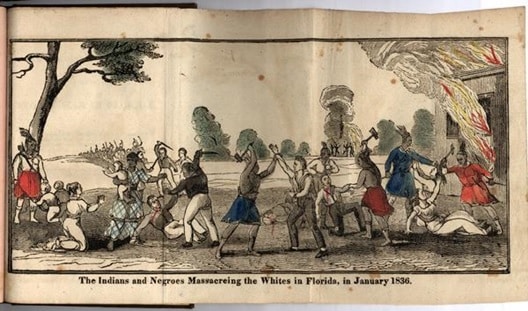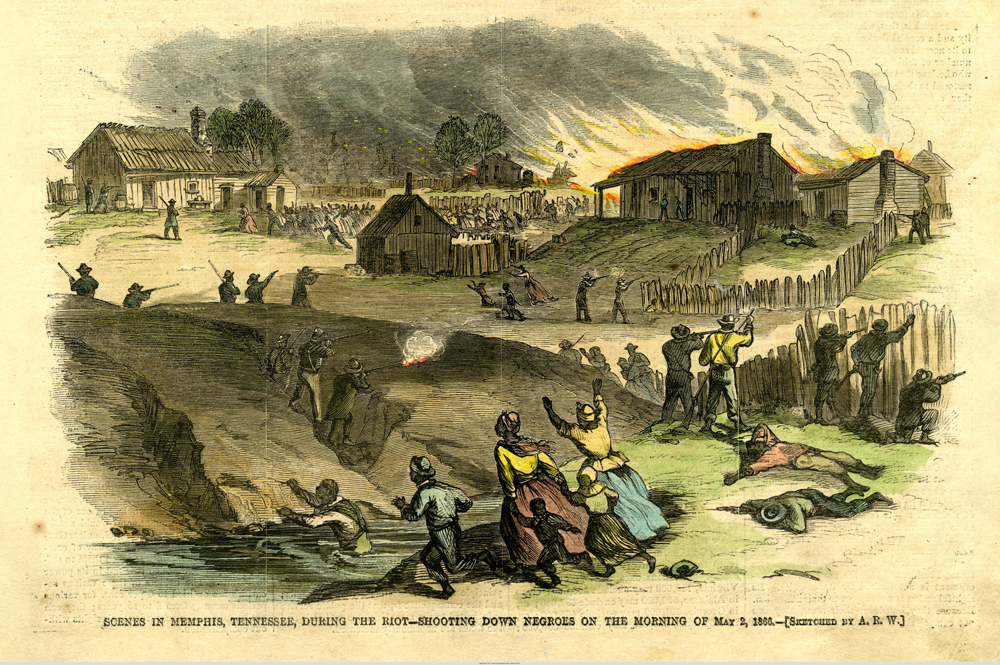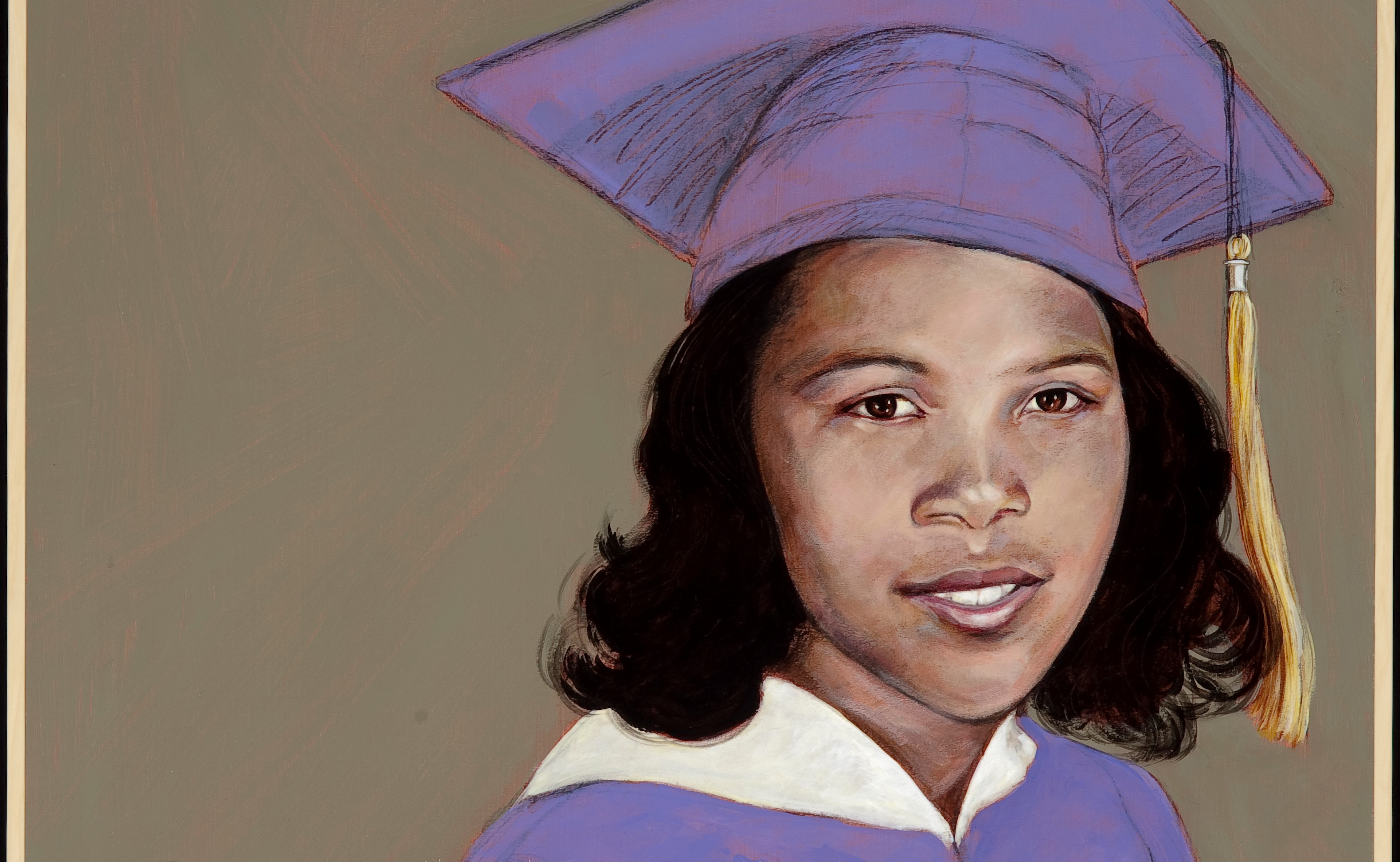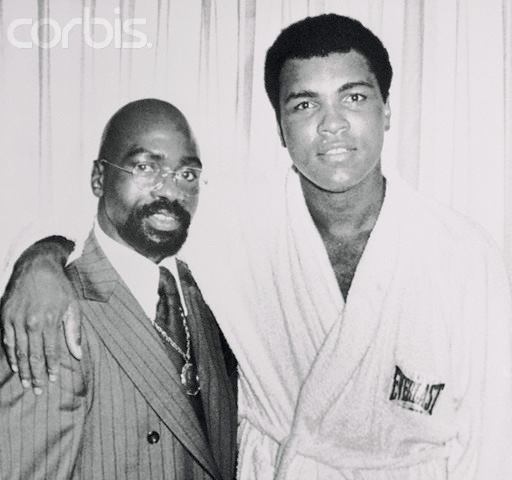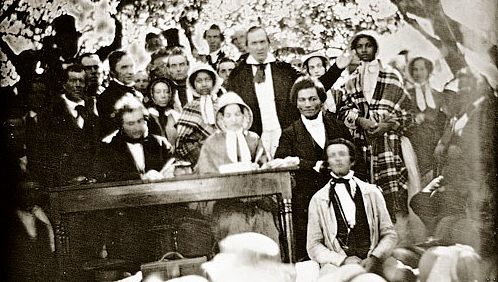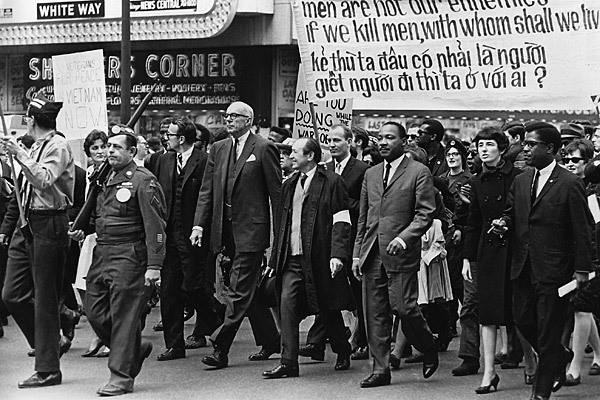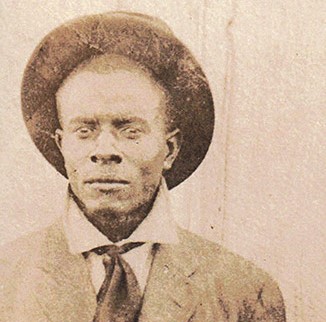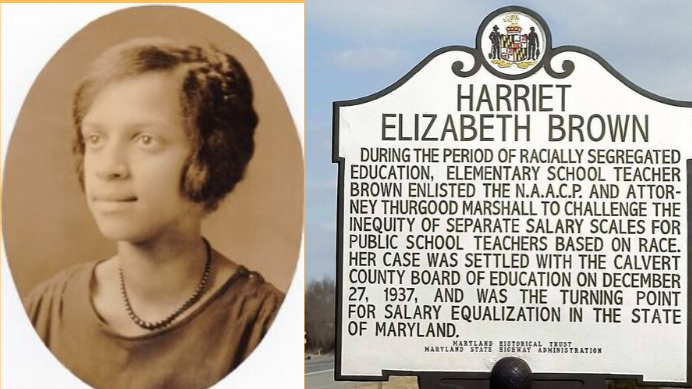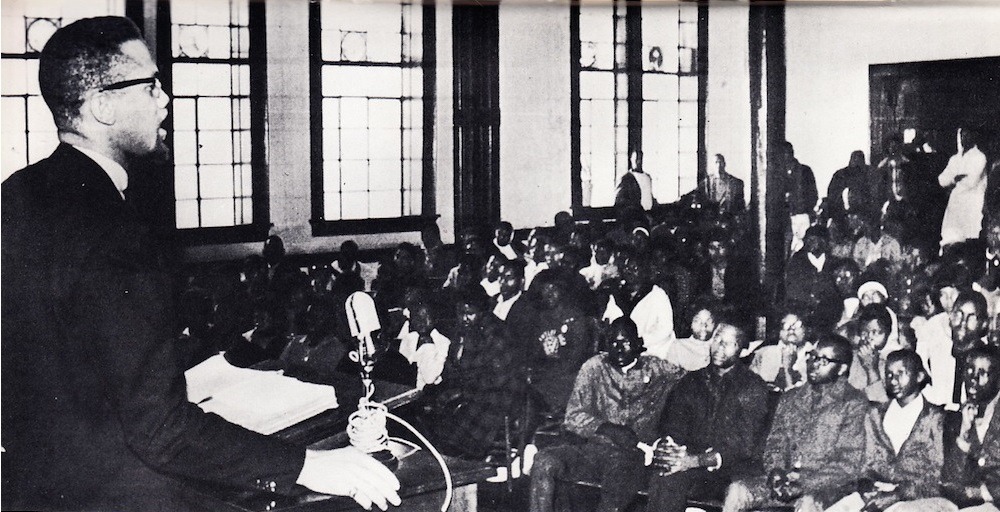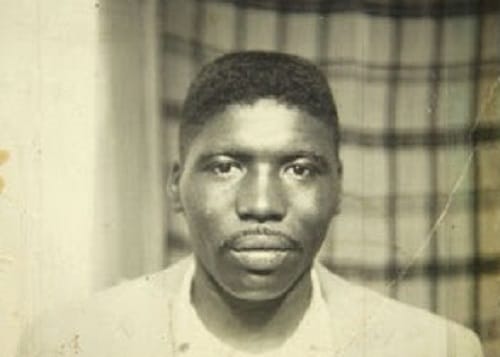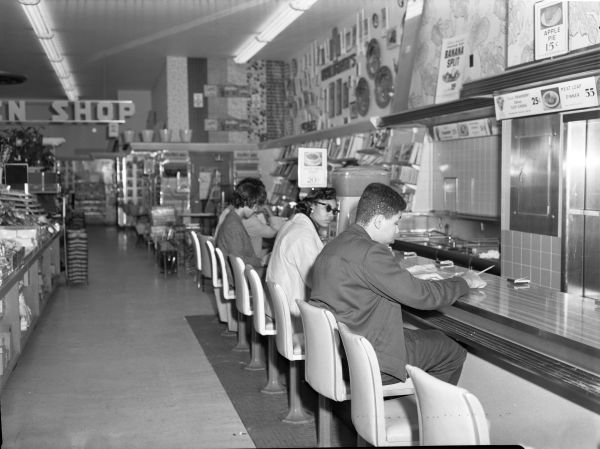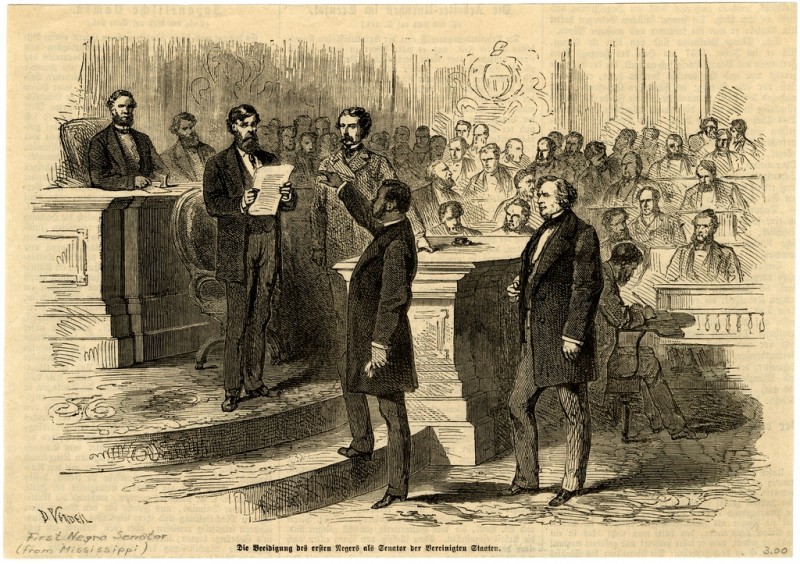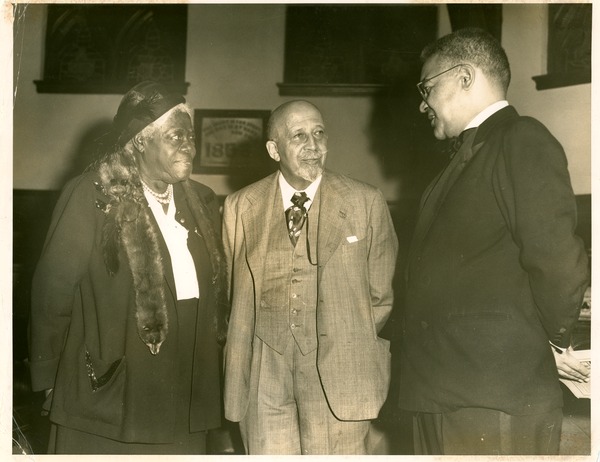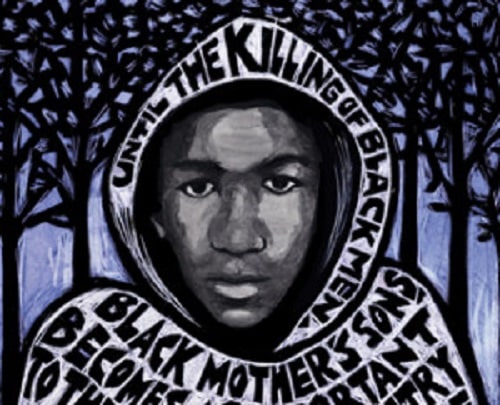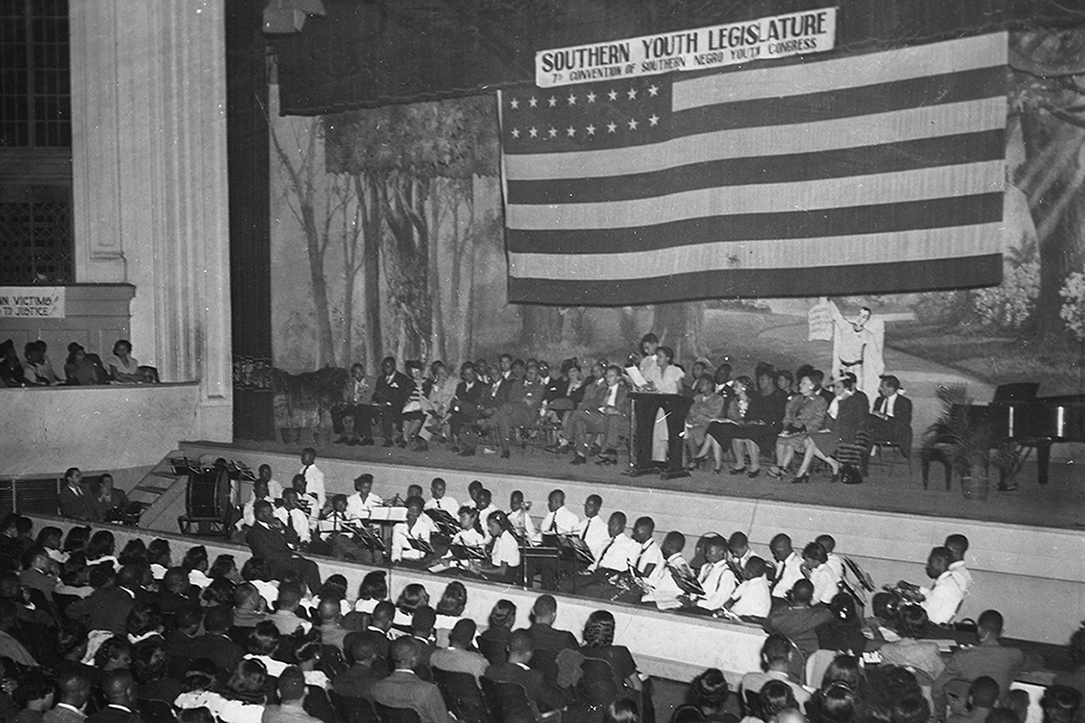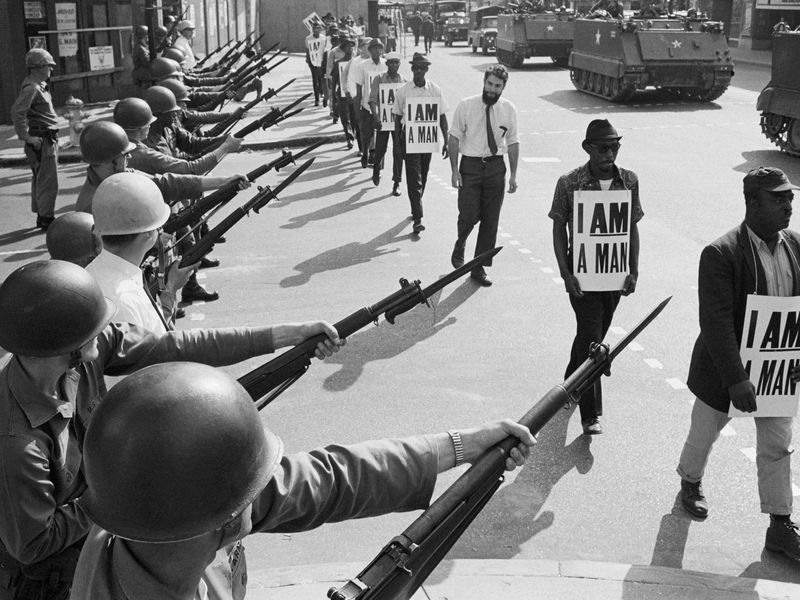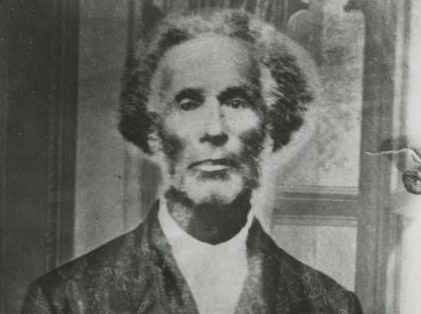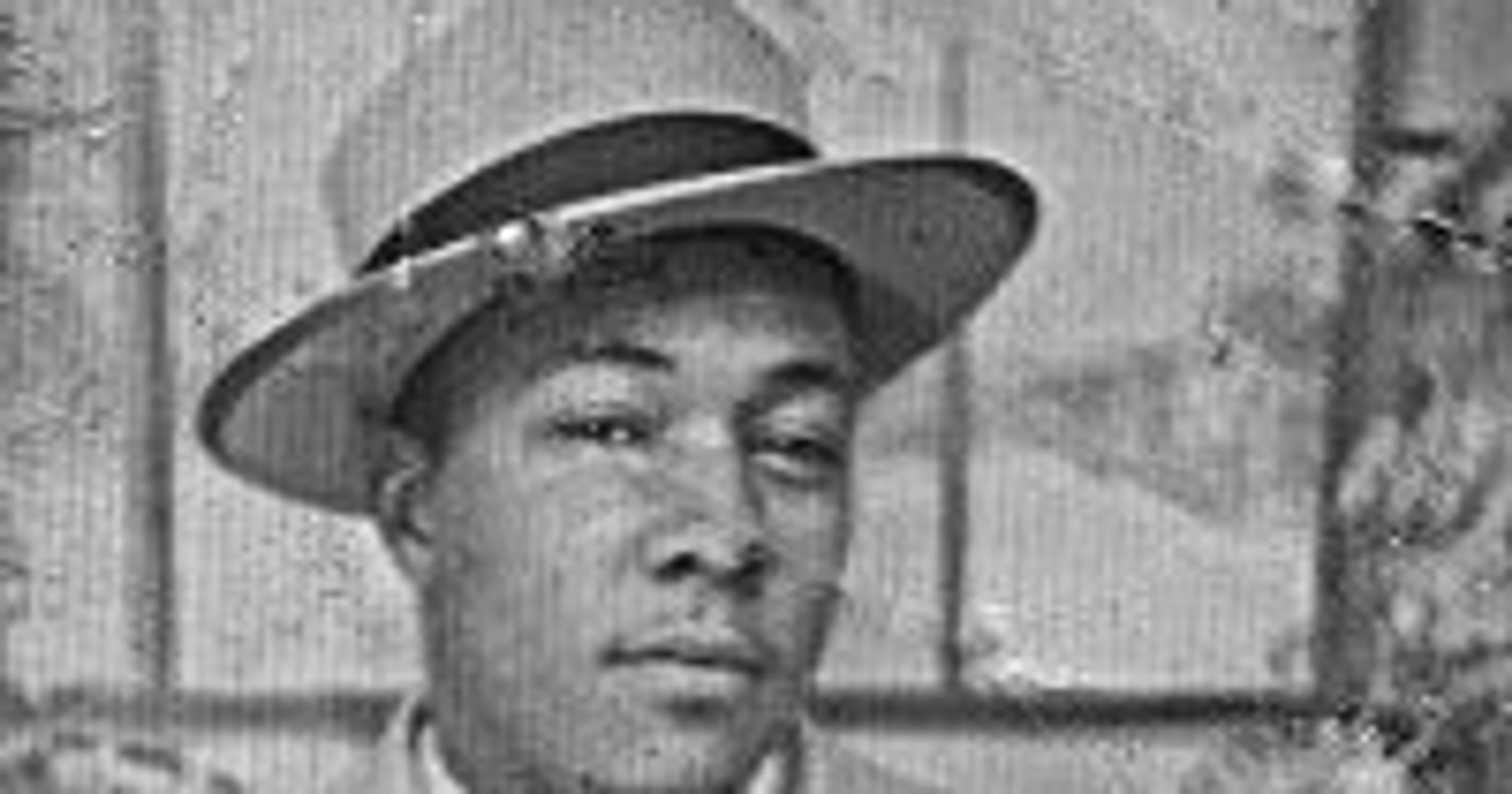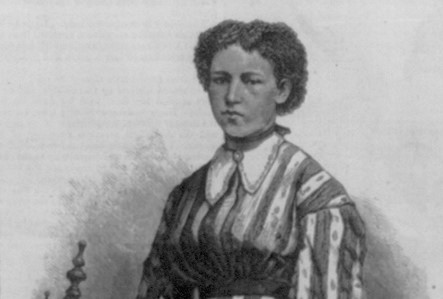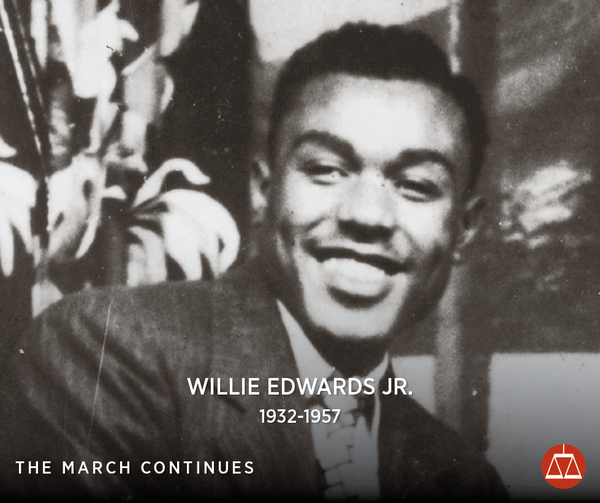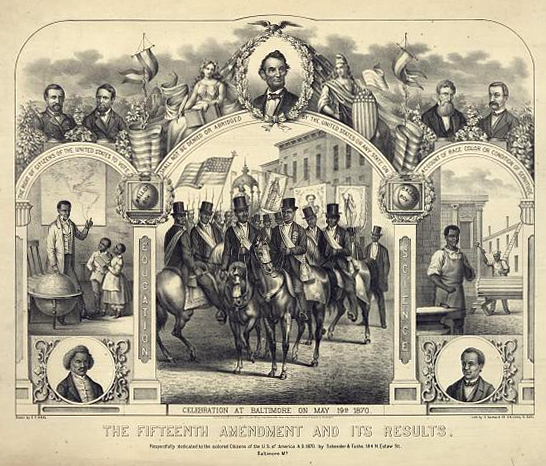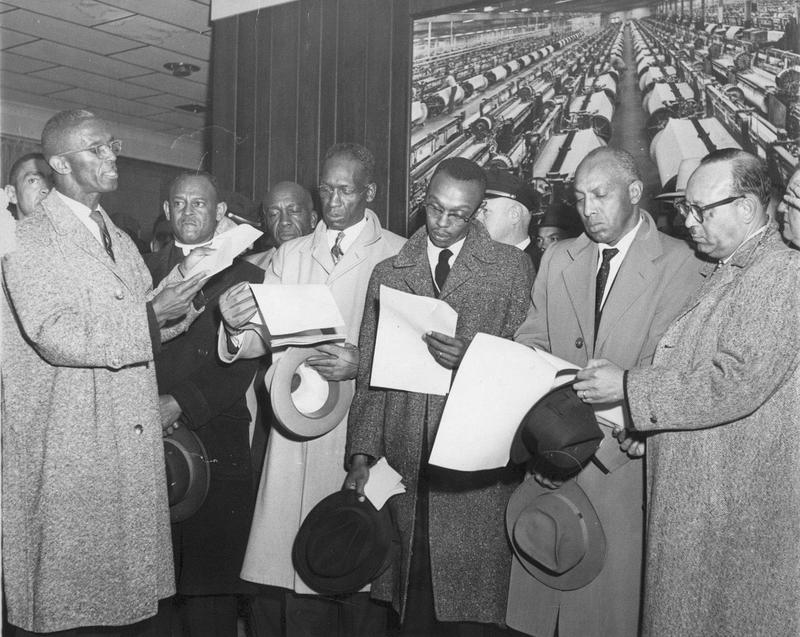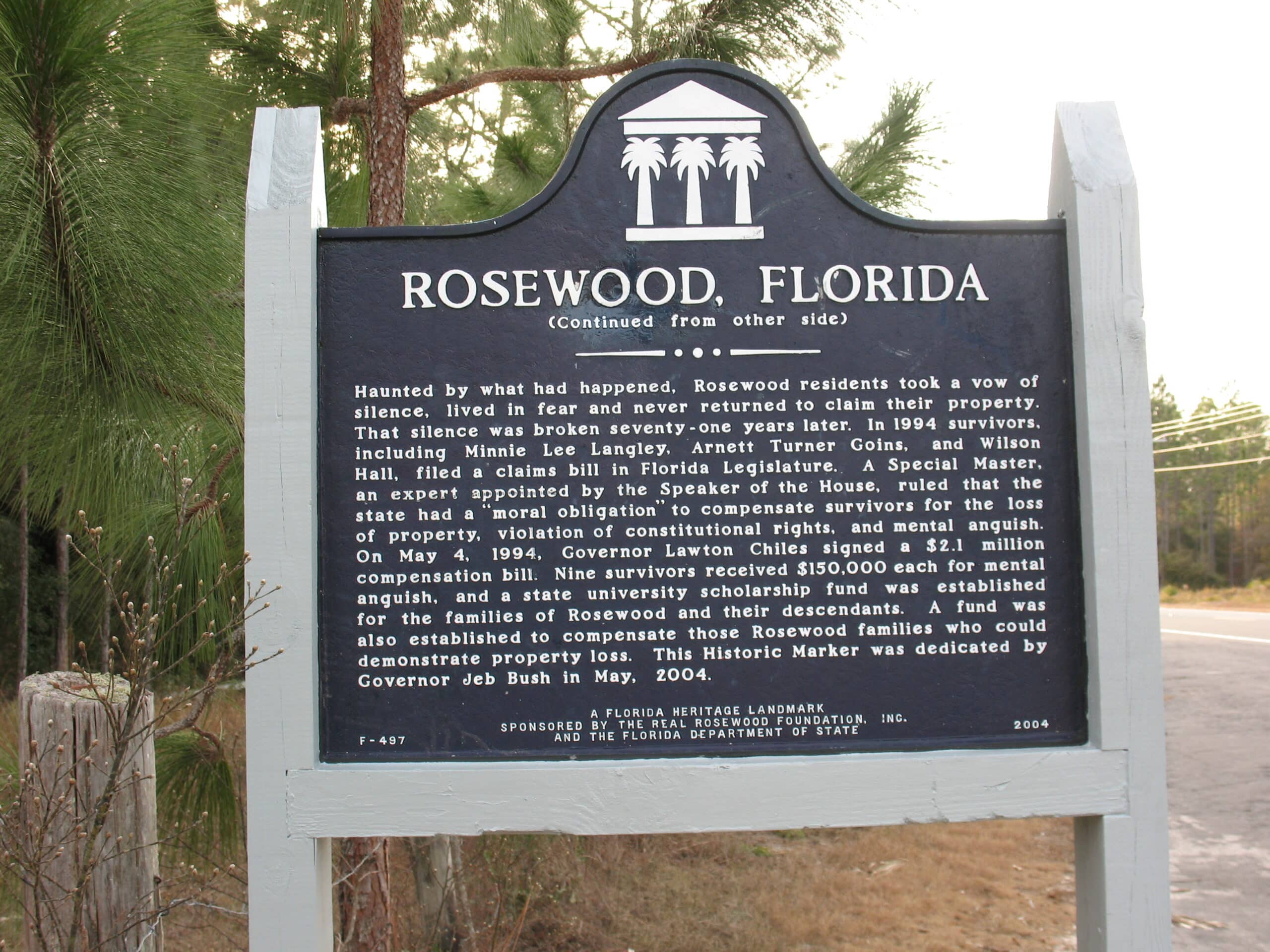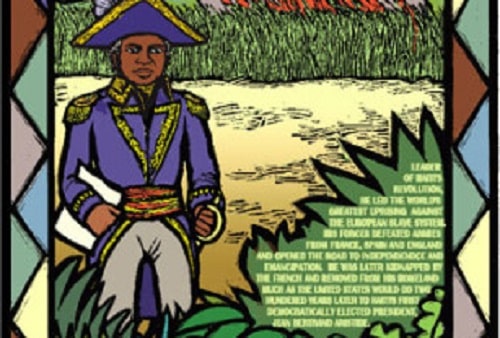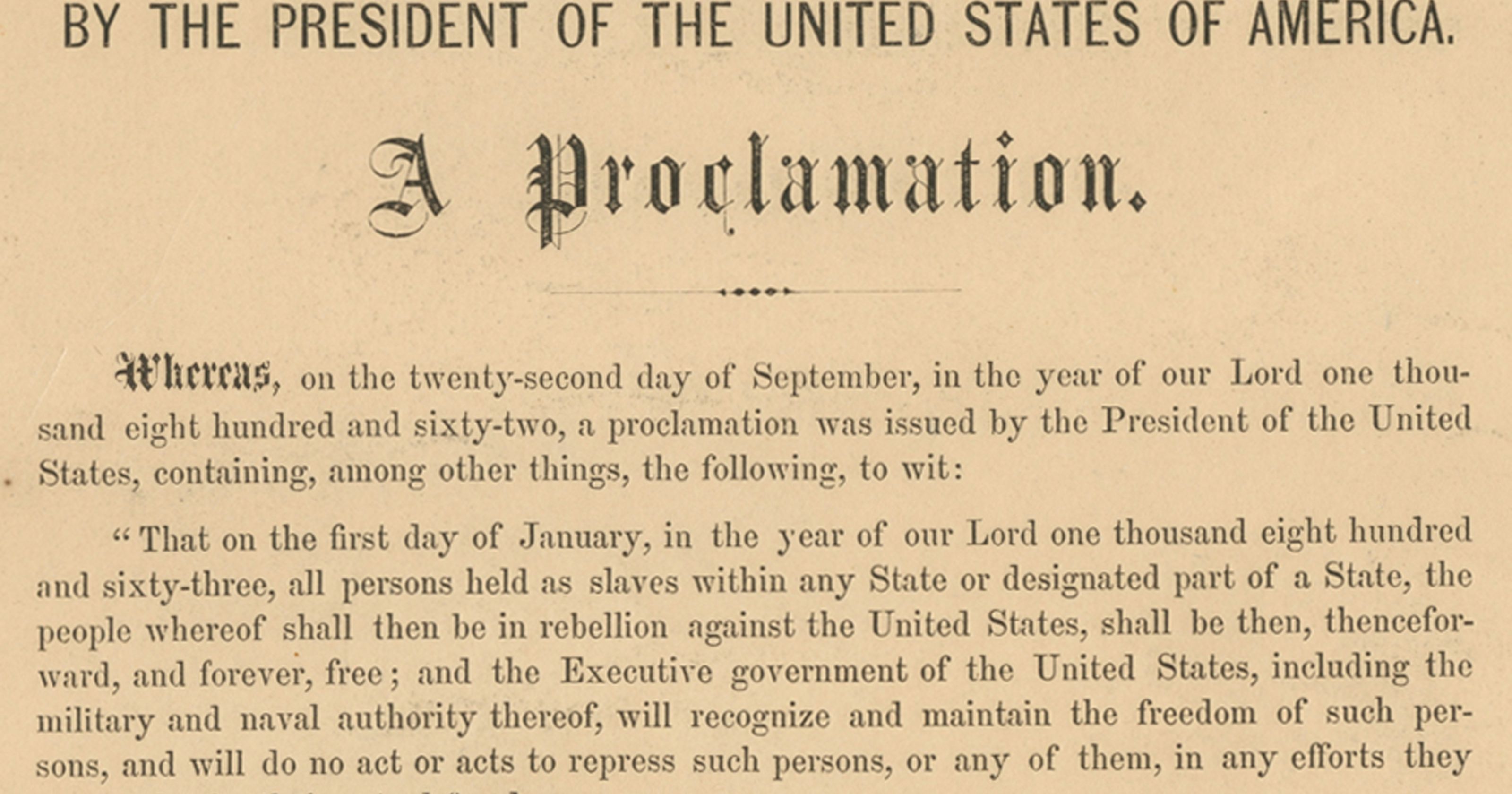Africans and Native Americans formed Florida’s Seminole Nation and defeated a heavily armed U.S. invading army during the Second Seminole War.
Continue reading
White civilians and police killed 46 African Americans and injured many more while burning houses, schools, and churches in Memphis, Tennessee.
Continue reading
Barbara Johns (16-years-old) led her classmates in a strike to protest the substandard conditions in Prince Edward County, Virginia.
Continue reading
U.S. District Court Judge handed down his decision to free Rubin “Hurricane” Carter who had been wrongfully accused of murder.
Continue reading
Seventy-seven enslaved people attempted to flee Washington, D.C. by sailing away on a schooner called the Pearl.
Continue reading
Martin Luther King Jr. delivered his speech in opposition to the Vietnam War, calling for a “revolution of values.”
Continue reading
The Catcher “Race Riot” began in Arkansas, leading to the creation of another sundown town.
Continue reading
Harriet Elizabeth Brown, a teacher from Maryland, sued for equal pay for Black teachers and won the case.
Continue reading
El-Hajj Malik El-Shabazz (Malcolm X) was assassinated, just weeks after speaking in Selma.
Continue reading
Jimmie Lee Jackson was beaten and shot by an Alabama state trooper during a peaceful voting rights march on Feb. 18. He died eight days later.
Continue reading
Patricia Stephens Due refused to pay bail after being arrested for a sit-in in Florida.
Continue reading
Hiram Revels was sworn into office as senator from Mississippi, becoming the first African American to serve in the U.S. Senate.
Continue reading
W. E. B. Du Bois, sociologist, historian, Pan-Africanist, author, and editor, was one of the most important scholars of the 20th century.
Continue reading
Trayvon Martin, a Black teenager, was murdered. The death of Martin and acquittal of the man who shot him sparked the national and global Movement for Black Lives.
Continue reading
The first Southern Negro Youth Conference (SNYC) conference was held in Richmond, Virginia.
Continue reading
Over 1,100 sanitation workers strike and march for better wages, conditions, and safety with Dr. Martin Luther King Jr. in Memphis, Tennessee.
Continue reading
Several hundred citizens of Marshall, Michigan, helped Adam and Sarah Crosswhite escape slavery and kidnapping and flee to Canada.
Continue reading
Korean War veteran Clifton Walker was murdered by the White Knights of the Ku Klux Klan while on his way home from his late work shift at the International Paper plant in Mississippi.
Continue reading
A group of Confederate veterans in Louisiana formed the White League with the goal of using terrorism to undermine Reconstruction.
Continue reading
Mr. Willie Edwards Jr., a 24-year-old African American man, was murdered by members of the Alabama KKK.
Continue reading
The 15th Amendment to the United States Constitution officially granted African American men the right to vote.
Continue reading
South Carolina NAACP held Greenville Airport Protest in support of Jackie Robinson.
Continue reading
White supremacists destroyed the Black town of Rosewood, Florida, and murdered many of its residents. Descendants have fought for reparations and recognition of the history.
Continue reading
Haiti became a free republic after a revolution, declaring independence for ALL people.
Continue reading
The Emancipation Proclamation took effect in 1863. Who did it “emancipate”? And who gets credited?
Continue reading

